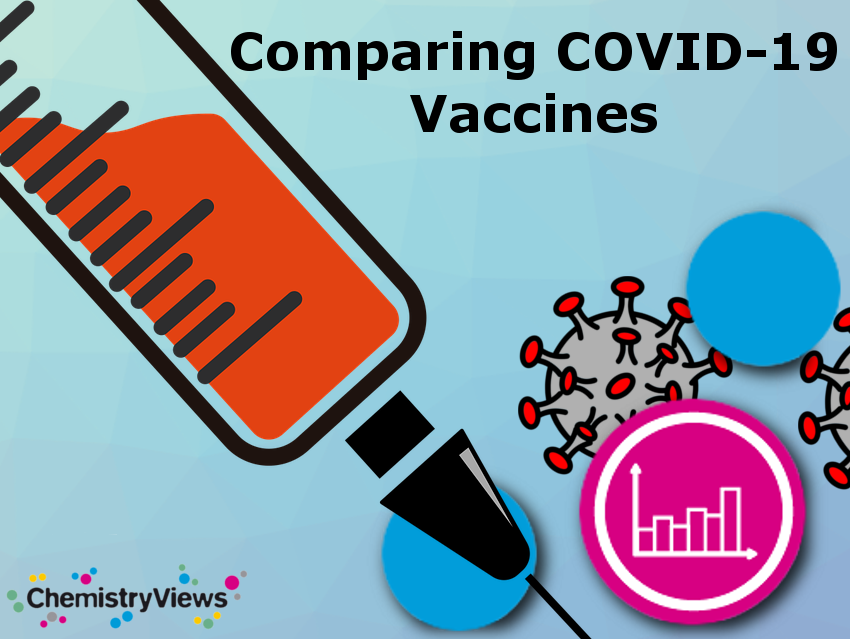Merck will purchase Mirus Bio for approximately US$ 600 million (€550 million) from previous owner Gamma Biosciences, which belongs to the investment firm KKR. Mirus Bio is known for its expertise in transfection reagents. Transfection reagents, such as Mirus Bio’s TransIT-VirusGEN®, are used to introduce genetic material into cells. These reagents play a key role in the production of viral vectors for cell and gene therapies. The acquisition is expected to close in the third quarter of 2024, subject to regulatory approvals and customary closing conditions.
The acquisition of Mirus Bio further advances Merck’s goal of providing viral vector manufacturing solutions across all stages of therapy development, according to the company. The company’s expertise covers a variety of viral vector types, including adeno-associated viruses, lentiviruses and adenoviruses. Merck has more than 30 years of experience in providing contract testing and comprehensive viral vector development and manufacturing services to support cell and gene therapies from preclinical through commercialization.
In gene therapy, viral vectors are used to transport functional genes into patient cells to replace defective genes or to add new genes to treat diseases. Cell therapy uses viral vectors to modify cells outside the patient’s body, such as immune cells, to enhance their ability to fight cancer. The modified cells are then reintroduced into the patient to boost the immune response against the disease.
Novel modalities such as cell and gene therapies, antibody-drug conjugates, and mRNA hold great promise for improving the lives of patients. The global market for process products to support these modalities is expected to grow at approximately 20% per year in the near future, Merck said. This growth is exemplified by the doubling of cell and gene therapies in development since 2019, with many advancing to the commercial stage. Viral vectors are essential for the production of these transformative therapies. To meet the growing demand, Merck expanded its viral vector manufacturing capacity with a second facility in Carlsbad, CA, USA, in 2021, investing €100 million. In addition, Merck is committed to R&D to facilitate the introduction of new curative treatments. In 2024, the company began construction of a €300 million life science research center at its headquarters in Darmstadt, Germany, focusing on critical technologies such as viral vectors and mRNA.
- Merck KGaA, Darmstadt, Germany
- Mirus Bio LLC, Madison, WI, USA
Also of Interest

Comparing vector vaccines based on adenoviruses and mRNA vaccines



